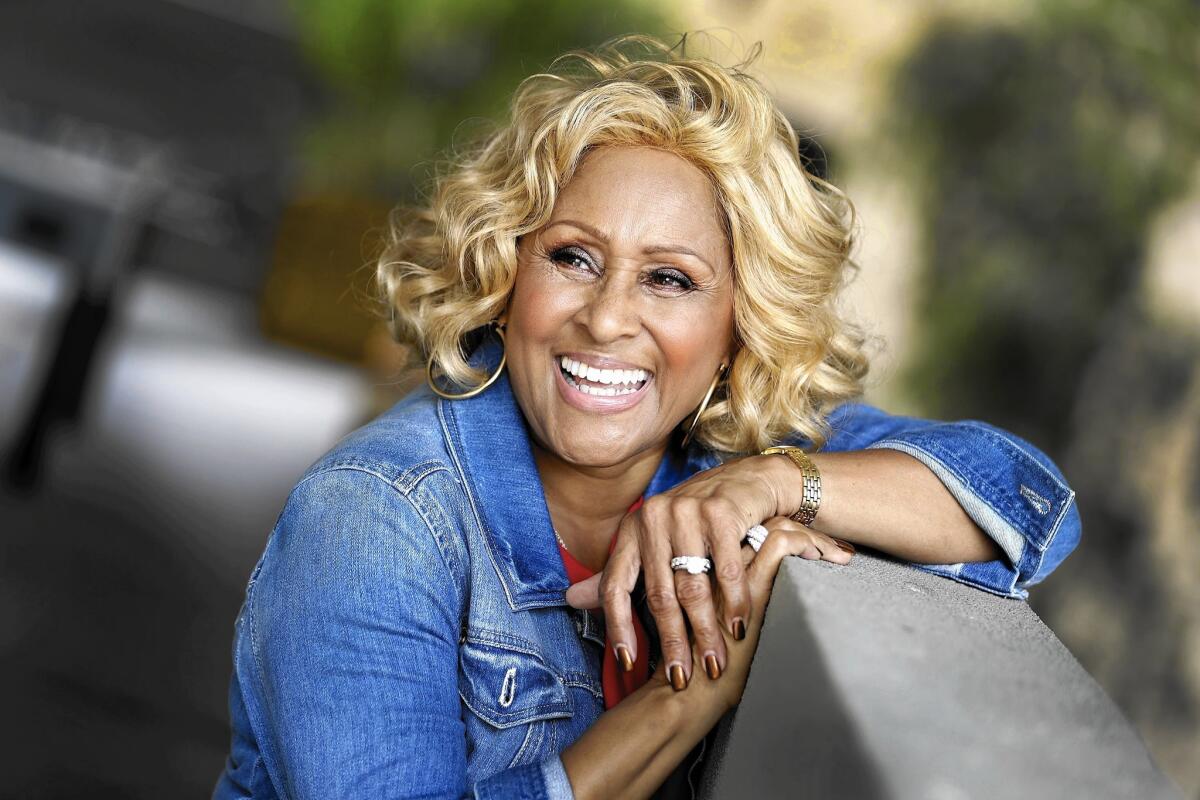Darlene Love
Darlene Love

Darlene Wright, born on July 26, 1941, better known by her stage name Darlene Love, is a prominent American R&B and soul singer as well as an actress. Initially singing with her local church choir as a child, Love rose to prominence in the 1960s.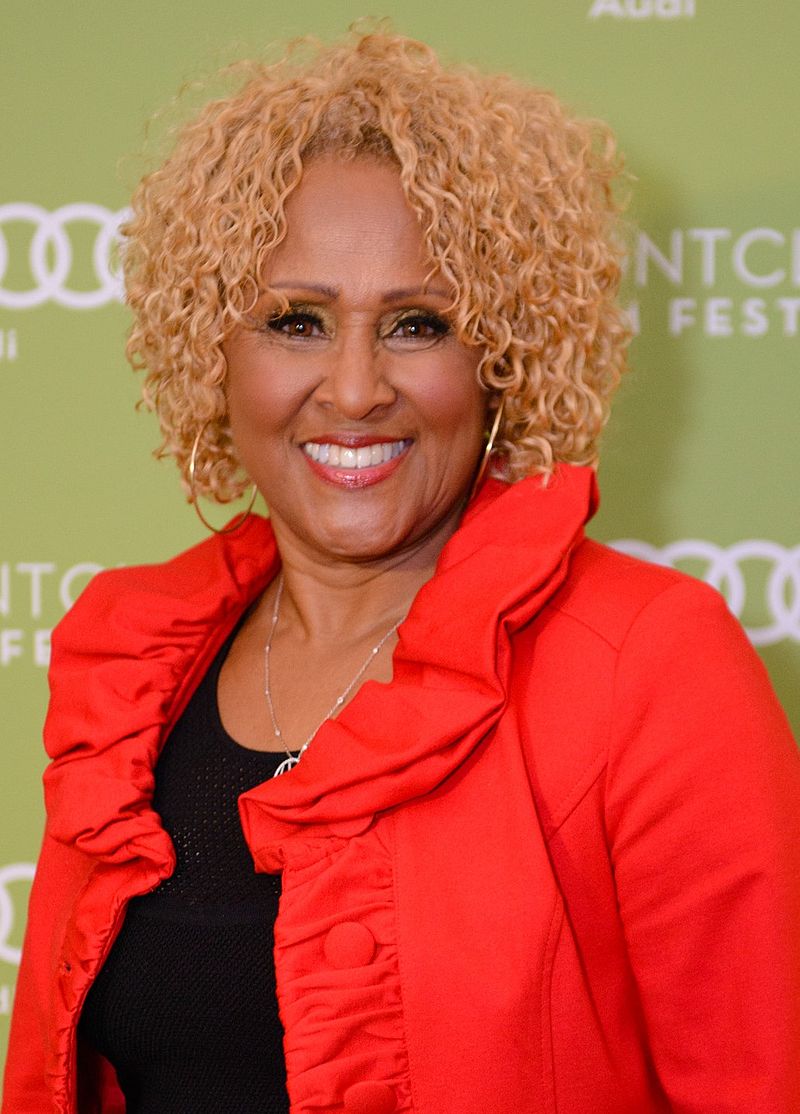
In 1962, she began recording under producer Phil Spector, who rebranded her as Darlene Love. Notably, she provided lead vocals for hits like "He's a Rebel" and "He's Sure the Boy I Love," credited to the Crystals. Love collaborated with various music icons of the era, including Sam Cooke, Dionne Warwick, the Beach Boys, Elvis Presley, and Sonny and Cher.
Aside from her music career, Love found success as an actress, appearing in numerous Broadway productions and gaining recognition for her recurring role as Roger Murtaugh's wife in the Lethal Weapon film series.
Love became a holiday tradition, annually performing "Christmas (Baby Please Come Home)" on David Letterman's late-night talk shows from 1986 until 2014, earning her the title of the "Christmas Queen." Afterward, she continued the tradition on The View.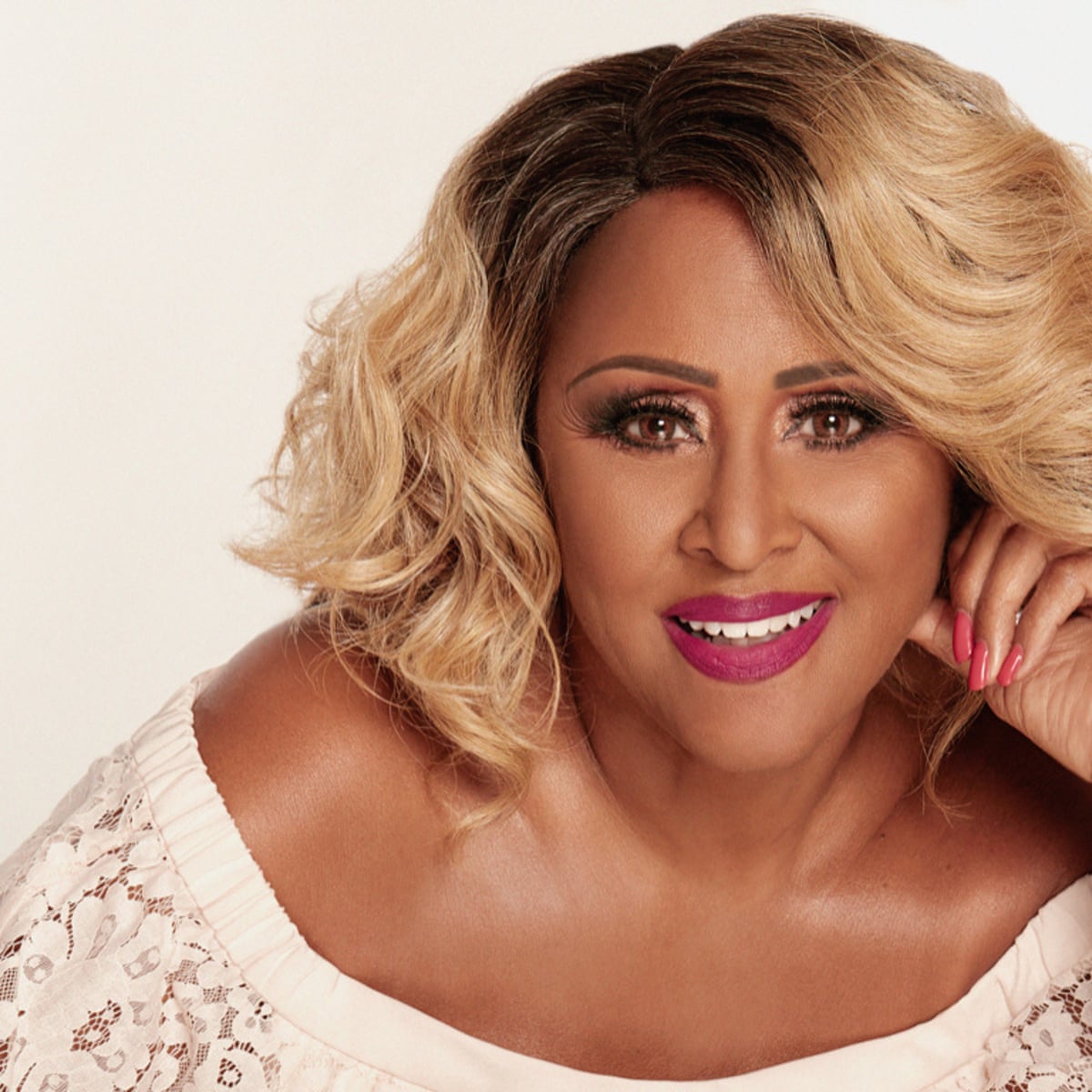
Recognized for her exceptional talent, Love was ranked among Rolling Stone's 100 Greatest Singers and was inducted into the Rock and Roll Hall of Fame in 2011. She also gained acclaim for her appearance in the Oscar-winning documentary film "20 Feet from Stardom" (2013), which earned her a Grammy Award.
Darlene Love, born Darlene Wright on July 26, 1941, in Los Angeles, California, was raised by her parents Ellen Maddox and Reverend Joe Wright. She grew up alongside her younger sister Edna Wright, who later became the lead singer of the group Honey Cone. While most of her upbringing occurred in Los Angeles, Darlene also spent a portion of her youth in Texas.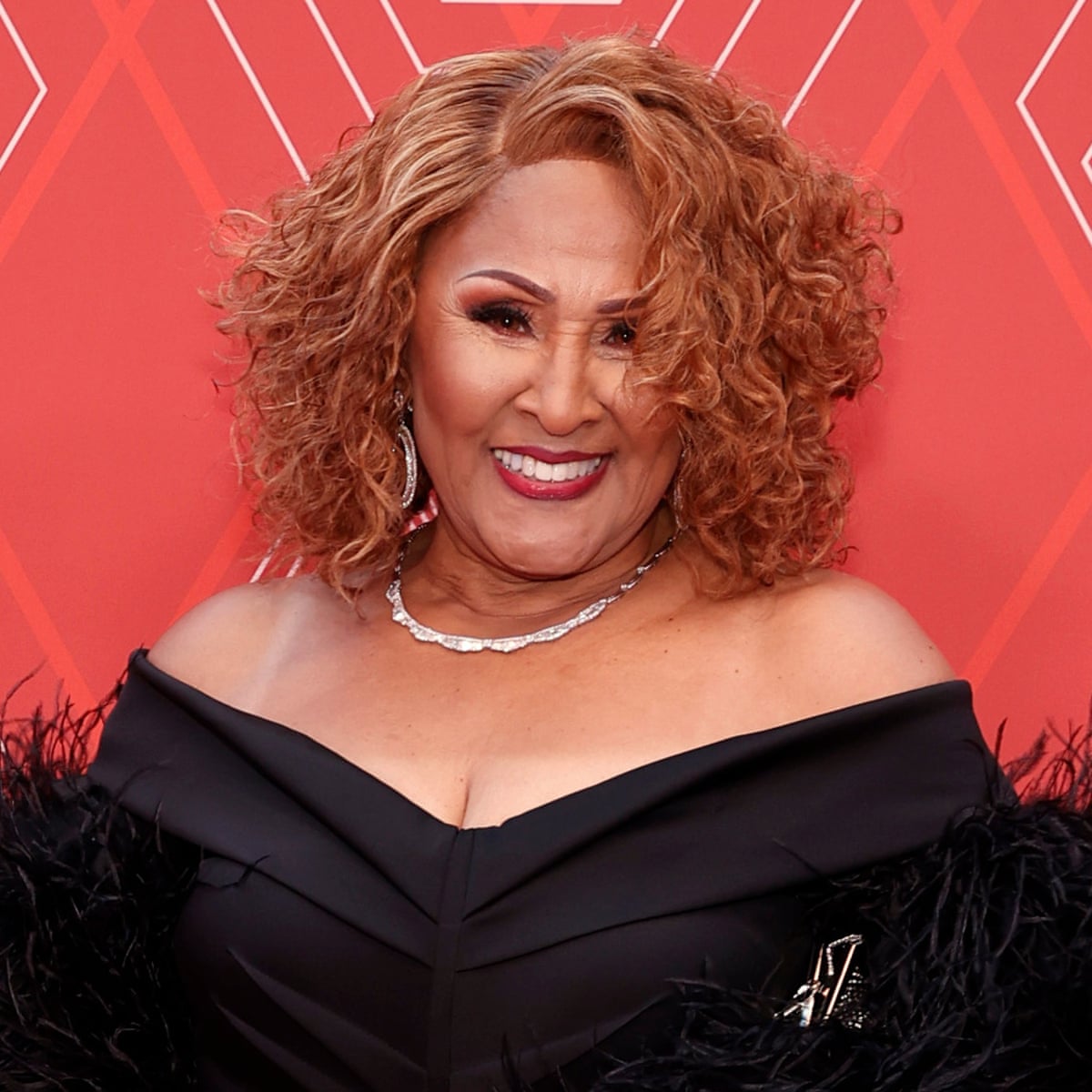
As the daughter of a minister, Love was immersed in gospel music from an early age and actively participated in her church community. At the age of ten, she began singing with her local church choir in Hawthorne, California, where she caught the attention of choir director Cora Martin-Moore. Martin-Moore recognized Love's talent and invited her to perform at the Music Mart and participate in broadcasts, marking Love's initial foray into the music world. This experience ignited Love's passion for music and inspired her to pursue a career in the industry.

Darlene Love's musical journey began while she was still in high school in 1957 when she joined the Echoes, a mixed-gender doo-wop group. Shortly after, she was invited to join the Blossoms, a relatively unknown girl group at the time.
In 1962, the Blossoms were enlisted by producer Phil Spector to sing on a recording session. When Spector's intended group, the Crystals, couldn't make it, Darlene Love was chosen to sing lead on "He's a Rebel." The single, released under the Crystals' name, became a surprise hit, reaching No. 1 on the Billboard Hot 100.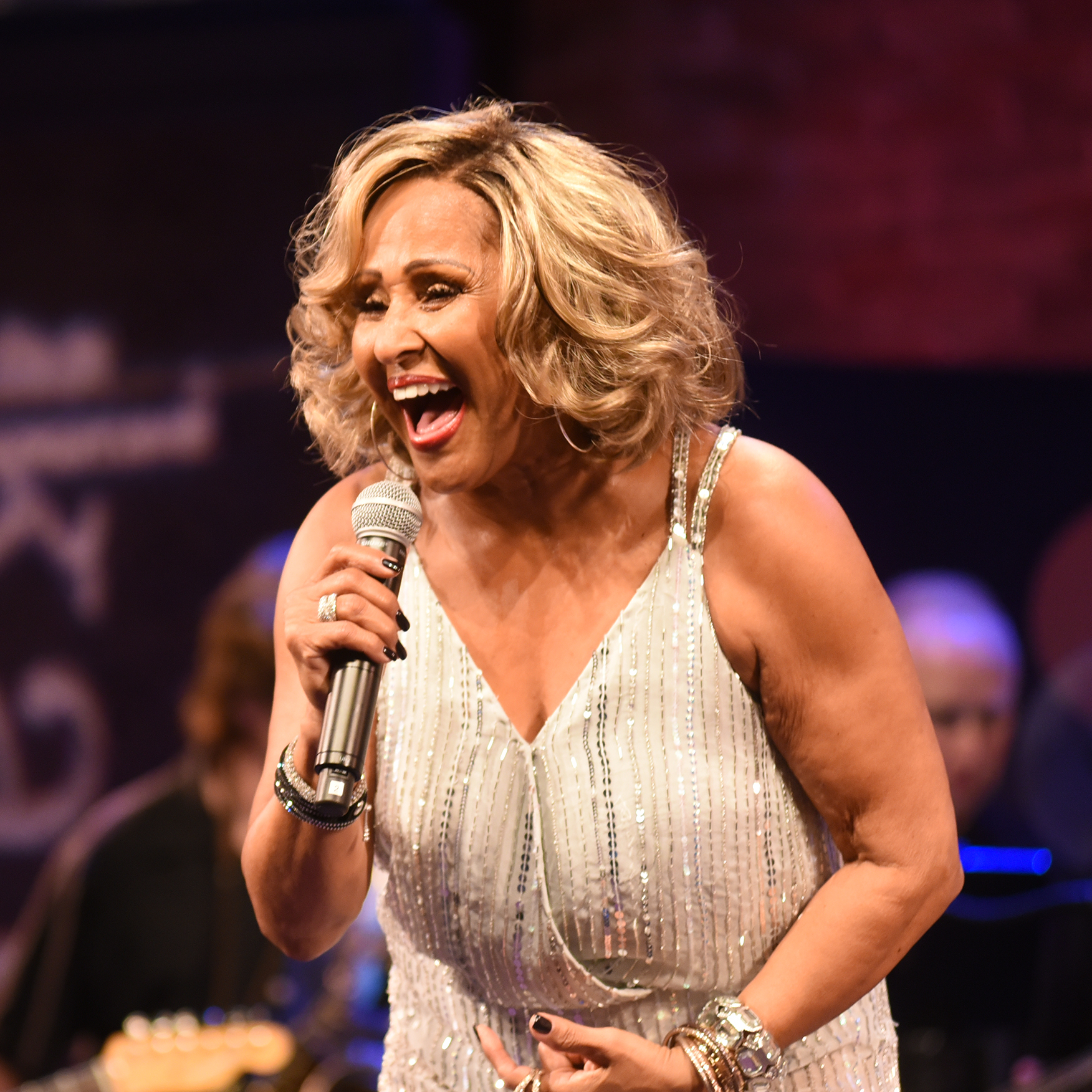
Following the success of "He's a Rebel," Phil Spector signed Darlene Love to a deal and renamed her. She recorded "He's Sure the Boy I Love," but it was credited to the Crystals. Love also recorded "Da Doo Ron Ron," which Spector ultimately recorded with another singer.
One of Love's most enduring contributions came with her recording of "Christmas (Baby Please Come Home)" for Phil Spector's holiday album in 1963. Originally intended for Ronnie Spector, Love's emotional rendition made the song a classic.
As part of the Blossoms and later as a solo artist, Darlene Love provided backing vocals on numerous iconic hits of the 1960s, including tracks by the Ronettes, Frank Sinatra, and the Crystals. The Blossoms themselves recorded singles under various labels but found little success until they gained a regular spot on the music show Shindig!.
Love's collaborations extended to projects like Bob B. Soxx & the Blue Jeans, where they recorded "Zip-a-Dee-Doo-Dah." The Blossoms were also featured on Johnny Rivers' hits and Elvis Presley's '68 Comeback Special.
Darlene Love's versatility and powerful voice solidified her status as a legendary figure in the music industry, earning her a spot in the Rock and Roll Hall of Fame and recognition as one of the greatest singers by Rolling Stone magazine.
Darlene Love experienced a resurgence in her music career during the early 1980s, returning to the stage after performing at venues like the Roxy in Los Angeles. It was a conversation with Steven Van Zandt that encouraged her to go to New York City and perform at iconic venues like The Bottom Line in 1982. Despite her previous success, Love had been working as a maid in Beverly Hills until she heard her song "Christmas (Baby Please Come Home)" on the radio while cleaning a home. This moment inspired her to return to singing full-time.
In the mid-1980s, Love portrayed herself in the Tony Award-nominated jukebox musical "Leader of the Pack," which showcased the rock and roll songs written by Ellie Greenwich, many of which were performed by Love earlier in her career. The musical premiered at The Bottom Line and featured the showstopping number "River Deep - Mountain High," originally recorded by Phil Spector with Ike & Tina Turner. Love's involvement in "Leader of the Pack" and another show about her life, "Portrait of a Singer," highlighted her enduring impact on the music industry.
Her song "Alley Oop" was included in the soundtrack of the 1984 film "Bachelor Party." However, it was her annual performance of "Christmas (Baby Please Come Home)" on David Letterman's Christmas show starting in 1986 that truly solidified her comeback.
In 1987, Love provided backup vocals for U2's remake of "Christmas (Baby Please Come Home)," further cementing the song's status as a holiday classic. These collaborations and performances marked a significant revival in Love's career and introduced her timeless music to new audiences.
References
- Love, Darlene; Hoerburger, Rob (2013). My Name Is Love: The Darlene Love Story. HarperCollins. ISBN 978-0062305510.
- ^ "Edna Wright - Biography & History". AllMusic.com. Retrieved December 28, 2016.
- ^ McDonnell, Evelyn (October 9, 2018). Women Who Rock: Bessie to Beyonce. Girl Groups to Riot Grrrl. Running Press. ISBN 978-0-316-55886-0. Retrieved December 14, 2022.
- a b "Darlene Love". History-of-rock.com. July 26, 1938. Retrieved August 11, 2014.
- ^ Carroll, Jim (May 17, 2014). "The Love of Music". The State Journal. Frankfort, Kentucky. Archived from the original on June 6, 2014. Retrieved June 5, 2014.
- ^ Doo-Wop Group Biographies: The Echoes/Poets
- a b "Darlene Love spreads Christmas cheer". CBS News. December 25, 2011. Retrieved March 24, 2012.
- a b c d e f g Browne, David (June 20, 2013). "Darlene Love: Let Love Rule". Rolling Stone. Retrieved December 18, 2020.



